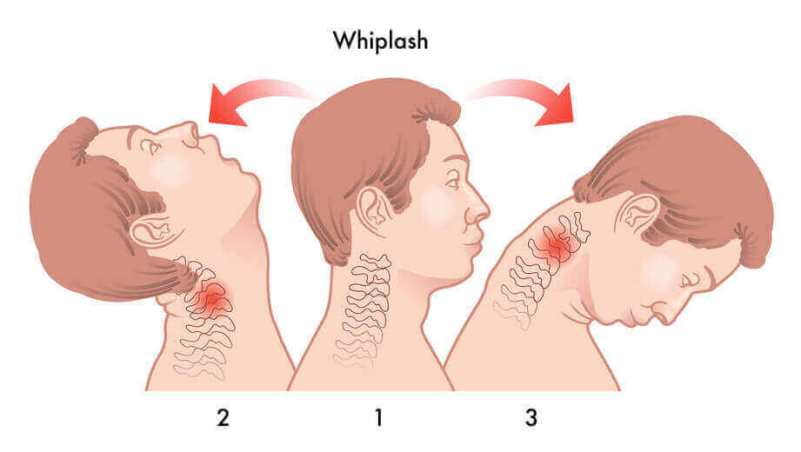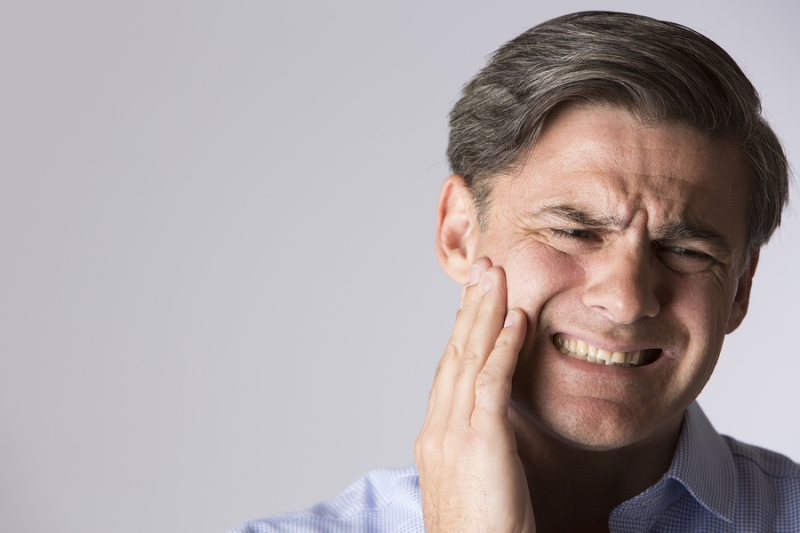
There can be bumps, patches and spots in your mouth. Most of the times, these patches and bumps are not harmful. However, sometimes they can be the sign of any health condition or infection in the body. The effects of medications, infections, stress and aging can be reflected from the tongue. Thus, it would be worth mentioning what your tongue can tell and that whether or not you need to see your dentist or doctor.
White patches
The existence of white patches on your tongue can be due to thrush or fungal infection. It usually happens when the effects of illness or medication are left there to give their display. If we elaborate this condition, it is mainly related to the response of immune system in order to deal with the effects of illness or medication. If the white patches are hard, thick and cannot be scrapped away, it can be a sign of leukoplakia. Leukoplakia is linked to cancer. You need to visit your dentist as soon as you see the white patches.

Hair on your tongue
Sometimes, your tongue might start developing a coating which looks like a layer of brown or black hairs. These hairs are basically developed due to protein turning normal bumps into long strands. These strands can be eliminated if you brush and scrap your tongue. However, the stands which are not cleared off may be a sign of hairy leukoplakia.

Black tongue
Hairy leukoplakia makes the tongue look black but it is not as dark as the black tongue. Black tongue is not a condition. The surface of the tongue can turn black due antacid. It happens when antacid mixes with saliva. Black tongue is nothing to worry about as it turns back to normal when you stop taking antacids.

Bright red tongue
The strawberry-red color of the tongue might be a sign of a disease which is most commonly known as Kawasaki disease. This disease mainly involves inflammation of blood vessels all over the body. The red and smooth tongue is also a sign of vitamin B3 deficiency.

Burning sensation
Sometimes, you might start feeling your tongue like it is scolded with hot coffee or something quite acidic. This can be a problem with the nerves of your tongue. It can also be an indication of several oral and overall health conditions. The best way to deal with this issue is to consult your dentist and get the problem sorted out.

Fissured tongue
Sometimes, your tongue might develop fissures on it. This condition of the tongue is linked to the health conditions such as Down syndrome, psoriasis, and Sjögren’s syndrome. Sometimes, there may not be any issue with your health and you may still get fissures on your tongue. These fissures are harmless but you need to be careful while brushing the tongue. You can consult your health physician to get the root cause treated in order to get rid of these fissures.











